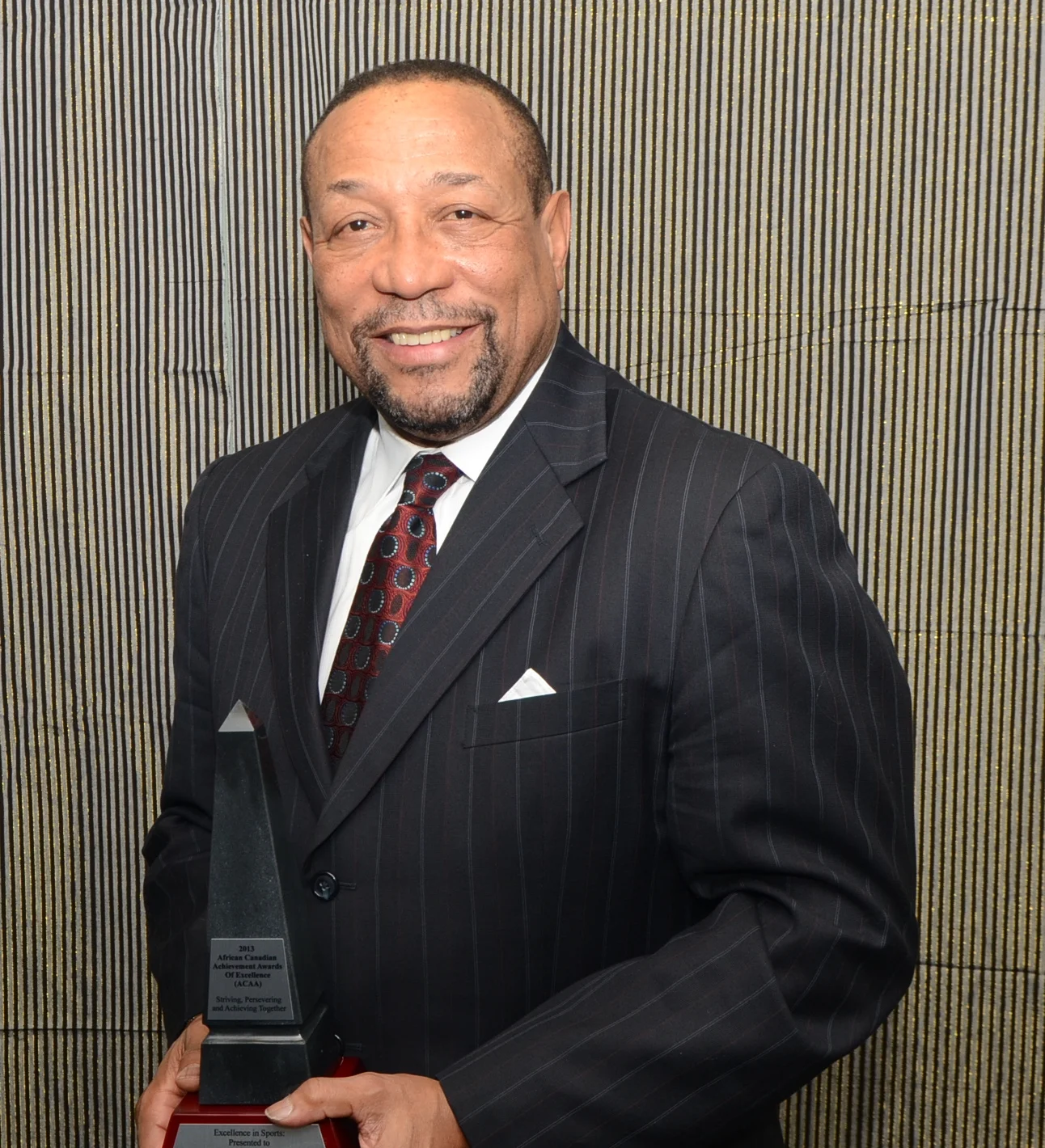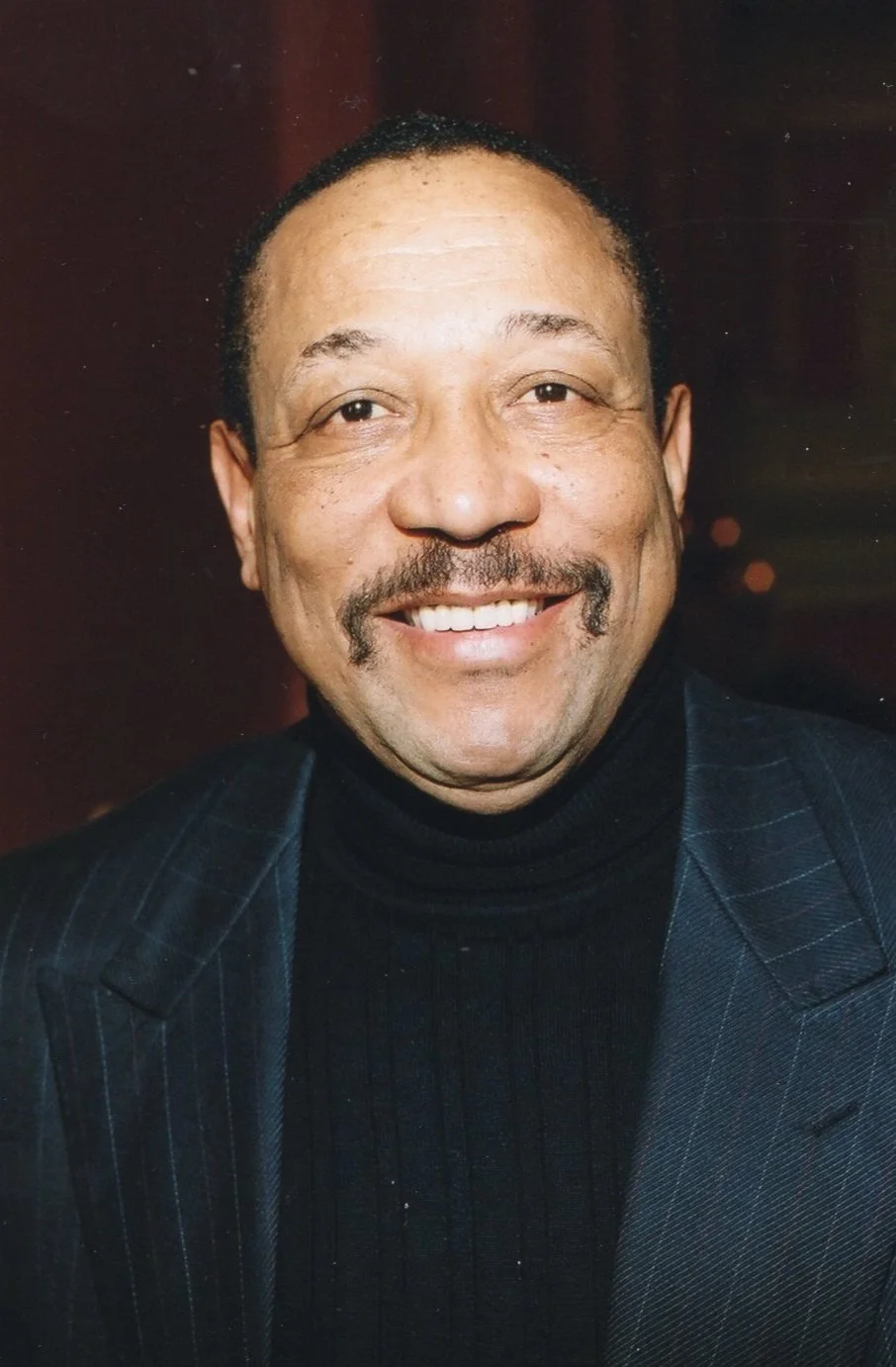Ex-CFL star Chuck Ealey tops Toledo's All-Century team
September 6, 2017
Quarterback Bruce Gradkowski holds the University of Toledo record for passing yards and touchdowns and wide receiver Lance Moore is the third most productive receiver and fourth in receiving yards.
Gradkowski spent nine seasons in the National Football League (NFL) before his professional career ended with the Pittsburgh Steelers last October while Moore was a member of the 2009 New Orleans Saints Superbowl championship team in his 10 seasons in the league.
Chuck Ealey never lost a game in his three years quarterbacking the university’s team. The 35-game unbeaten streak at Toledo is a National Collegiate Athletic Association (NCAA) record.
Despite his brilliance, Ealey never made it to the NFL because of his skin colour.
That didn’t matter to fans in Toledo who voted him the number one player among the university’s All-Century team to celebrate the football program’s 100th anniversary.
A total of 50 players were on the ballot.
A Canadian resident since 1972, Ealey’s jersey number is only one of four retired.
The quarterback-turned-successful financial industry leader was in Toledo a few months ago with his daughter Jael Richardson when he learnt that his alma mater was celebrating the football program’s centenary.
“I was alerted a couple of weeks ago that I was part of the All-Century team, “said Ealey who was also undefeated in high school. “Two weeks ago, a former team-mate sent me an e-mail saying that I was number one. I was taken back by the honour.”
In his three years at Notre Dame High School in Portsmouth, Ealey led the team to its first state championship in 1967. That success transcended to university where he won three consecutive Tangerine Bowls and was the Most Valuable Player in each contest.
Ealey said the significance of the unbeaten streak became apparent in the last game.
“There is no way you go in there thinking you can go unbeaten,” he said. “We just took it a game at a time. By the third year, you are like, ‘Whoa, what’s happening here’. We didn’t have the plethora of cable networks back then so it was a just a little story developing. I don’t think any of us thought we could go unbeaten. Maybe the fans did.”
Despite his remarkable achievements, Ealey – who was eighth in polling for the 1971 Heisman Trophy -- was overlooked in the 1972 NFL draft because of his skin colour and the position he played. When then Kansas City Chiefs coach Hank Stram offered him the opportunity to run a 40-yard dash for time, he graciously declined the chance to try to make an NFL team as a defensive back and headed to Canada.
“I played baseball and basketball which would have allowed me to get a scholarship which was what I was really interested in,” he said. “Football, however, provided an opportunity to further my education which was a big thing for me. My mother only had a Grade Eight education as she had to leave school early to go and work. My aim was to go to university and get out of there with a degree after four years.”
If switching countries was what it was going to take to play quarterback, Ealey was prepared to make the change. Up until that time, five Black quarterbacks had played in the CFL, but just one had minimal success.
Sandy Stephens threw for 2,800 yards in two seasons before heading to the NFL as a full-back.
“I had a business opportunity I could have pursued with a fast food chain franchise,” he said. “But when I was afforded the opportunity to play in the CFL, I seized it because I still thought I could play another four or five years.”
After a six-year unbeaten streak in high school and university, Ealey lost his first two games with the Hamilton Tiger-Cats.
Replacing University of Guelph Department of Athletics intercollegiate programs assistant manager Wally Gabler for the fourth game of the season, Ealey – who like Gabler was born and raised in Portsmouth, Ohio -- dropped his first start against Edmonton 30-27.
He said he wasn’t distraught after the loss.
“No athlete likes to lose,” Ealey, a former Mississauga Sports Council chair who was inducted into the Mississauga Sports Hall of Fame in 1989, pointed out. “I wasn’t happy. At the same time I knew it was going to happen at some time and we had to move on. That was how I felt.”
After the 0-2 start, Ealey led the Tiger-Cats to an 11-3 record and a Grey Cup title in his first season becoming the first Black player to quarterback his team to a professional football championship. He was also the Grey Cup MVP and the league’s Most Outstanding Rookie.
Ealey played seven seasons, including two with the Winnipeg Blue Bombers and 48 games with the Toronto Argonauts, passing for 13,326 yards and 82 touchdowns before suffering a career-ending collapsed lung in 1978.
More importantly, he paved the way for several Black American quarterbacks, who were rejected in their home country, to enjoy immense success north of the border.
“Most American football players dream is to play quarterback in the NFL,” he said. “When that opportunity wasn’t given to me, Canada reached out and I got the chance to do what I could just by who I was and not by the colour of my skin.”
In addition to being shut out from the NFL because he refused to play a position other than quarterback, Ealey has been excluded from the College Football Hall of Fame because of technicality.
He’s unable to land on the ballot for election because the rules state that a candidate must have received First Team All-American acknowledgment by a recognized media outlet. He received that recognition in 1972 from ‘The Football News’ which was not an approved entity at the time.
“I know the issue is not me,” said Ealey who started a foundation a few years ago that honours student athletes in Toledo. “If it was somebody else, I would want to know if they are crazy to do something like that to a person. I am not concerned that I am not in the Hall of Fame other than the fact that it’s a wrong thing to do. Someday, somebody may figure it out.”
In 2008, Richardson accompanied her dad to his high school’s 40th anniversary reunion. At the time, she didn’t know why he came to Canada, leaving the Portsmouth projects and its railroad tracks where he learned to throw by pelting stones at passing railway cars.
The outcome of that trip and some of Ealey’s never-before-told stories are captured in ‘The Stone Thrower’ which is an engaging father-daughter memoir launched five years ago.
The All-Century Team will be honoured on September 16 during the University of Toledo’s game against Tulsa.
To mark the 100th Grey Cup anniversary five years ago, Ealey’s inspirational story was one of eight featured in an original documentary series. Commissioned by Bell Media, ‘Engraved on a Nation’ demonstrated how the Canadian league and the symbolic cup have become an intrinsic part of Canadian heritage.
Ealey and his wife of 45 years – Sherri Ealey – have three adult children.






